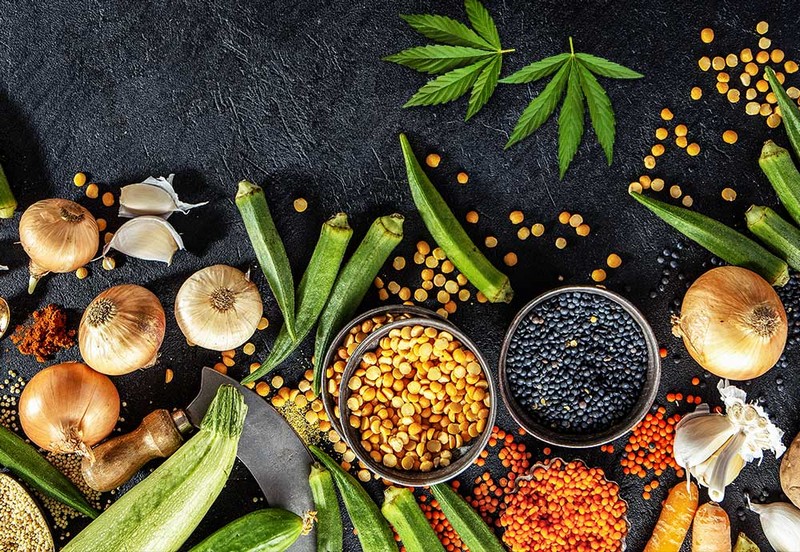Flavonoids

Damage to the stomach mucosa may be caused partly by reactive oxygen species generated during the metabolism of some omega fatty acids, platelets, and Kupffer cells. Therefore, reactive oxygen metabolites may aid in preventing oxidative damage in the mucous membranes in the stomach and releasing free radicals for a speedy recovery of ulcers. Antioxidants are potent disease preventatives because they neutralize free radicals and stop lipid peroxidation. Flavonoids are phenolic antioxidants without adverse effects. They are the primary chemical molecule responsible for the medicinal effects of most plants.
Flavonoids are also phytonutrient that has been shown to reduce inflammation which may contribute to the development of an ulcer. Bioflavonoids, or flavonoids, are proven as adjunctive therapy for treating stomach ulcers. The term “gastroprotective” is used to describe flavonoids because of their potential to preserve the stomach lining and promote the healing of ulcers. In addition, they can stabilize membranes, impact specific core metabolic processes, and protect against lipid peroxidation across various systems.
An H. pylori infection and an excess of pepsin, acid, or prostaglandins may contribute to developing a peptic ulcer. On the other hand, flavonoids improve defenses against peptic ulcers because of their antioxidants, and anti-inflammatory and antibacterial properties in the mucosal lining. Foods high in flavonoids include soybeans, legumes, kale, berries, and green tea. They are also available as supplements.










